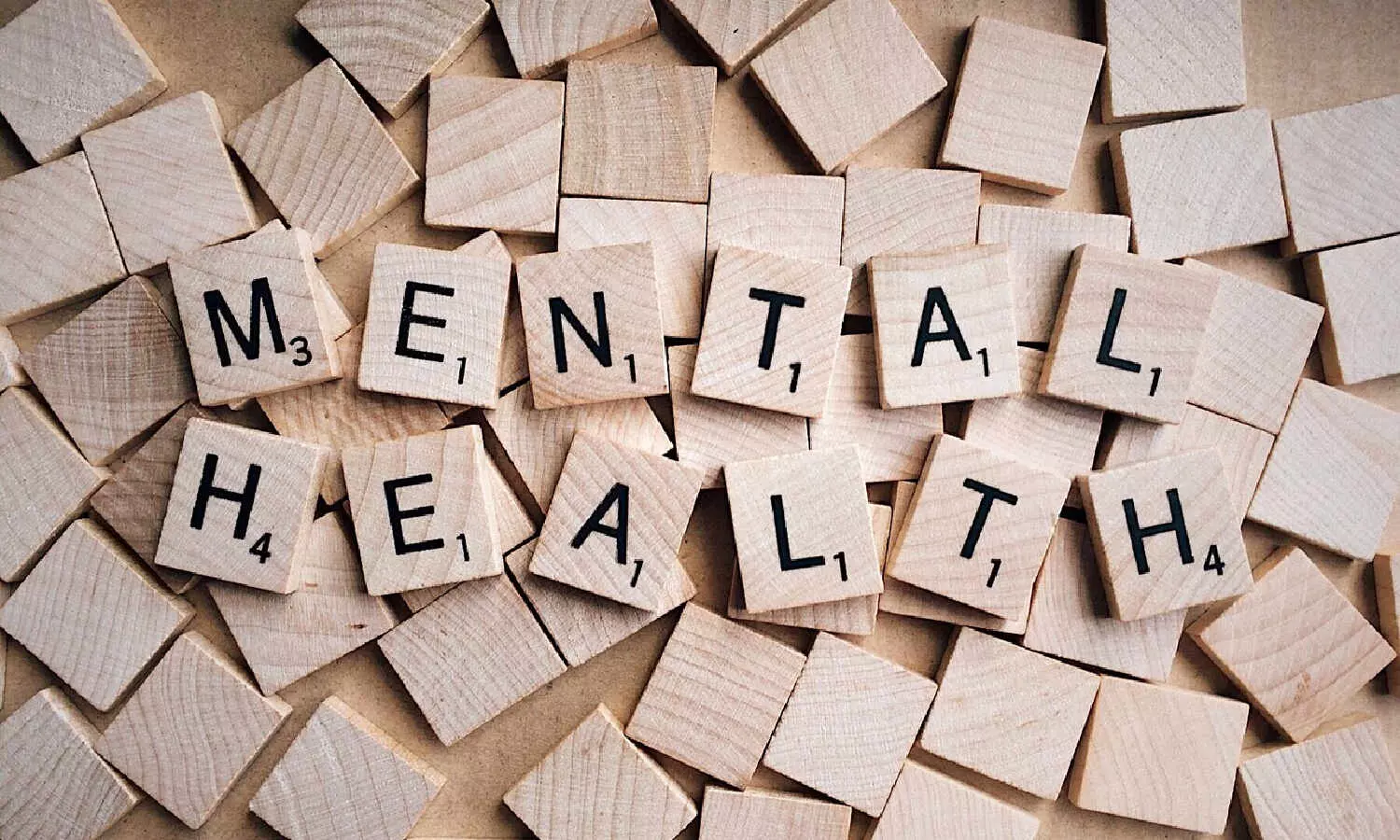Continuous intervention reduces mental health issues in adults: Study
150 million people are in need of treatment for mental health problems according to a study carried out in Andhra Pradesh and Uttar Pradesh
By Neelambaran A
Representation Image for mental health
Hyderabad: Mental health problems are considered a global crisis with studies pointing to it being the leading cause of deaths by 2030. Besides creating a massive financial burden, mental health impacts vulnerable populations with stigma in society.
A study by the researchers of the George Institute India has found that effective intervention and extension of digital healthcare resulted in reducing mental health problems.
The team of researchers carried out a campaign in the society to bring an end to the stigma towards mental health problems, while training doctors, nurses and ASHA workers in identifying the individuals with such conditions and ensuring treatment.
150 million people in need of help
Around 150 million people in India are in need of treatment for various mental health problems, while only a small percentage of people are getting care to overcome anxiety, depression and suicide risk.
Self-isolation, fear and stigma along with discrimination from others, bullying and lack of understanding further alienate those with mental health problems.
Eradicating stigma
The researchers screened around 1,70,000 adults across West Godavari district in Andhra Pradesh and Faridabad and Palwal districts in Haryana and recruited 9,938 participants for the study, of which 3,365 were at high risk and 6,563 were not at high risk; 5,638 [57%] female and 4,290 [43%] male, with 9,057 (91.2%) followed up at 12 months.
The trial included a two-pronged approach to intervention, including eradicating stigma and training primary healthcare doctors and staff to identify and treat mental health.
“We carried out large anti-stigma campaigns by distributing brochures, pamphlets and playing dramas. The exercise began in 2014 and the survey was held between 2018 and 2022. We found increased knowledge and attitude related to mental health and reduced stigma,” Prof Pallab Maulik, director of research and program director (mental health), George Institute India said.
Training healthcare doctors and staff
The survey which screened 1,70,000 adults is considered the largest of its kind across the globe, carried out the intervention for almost one year.
Meanwhile the doctors and healthcare workers, in 44 primary care clusters in the three districts of the two states were provided with tablets installed with a tool to carry forward the exercise.
“They were trained to identify the people with anxiety, depression and suicide risk while concluding on the type of care required. They were provided with a professional development course on mental illness and guidance in the use of the app,” Dr Pallab said.
Positive outcomes and role of healthcare system
After the completion of the interventions, the research team held the survey and found positive results.
“The remission from mental health conditions was more than 75 per cent in the test group and depression and anxiety were remarkably less among those receiving the care. The questionnaires were collected before and after the intervention and the answers were validated,” Dr Pallab added.
The study, intervention and treatment were carried out with the support and through the established healthcare system.
“We have proved that we can obtain positive results without burdening the government health system while helping them in carrying out the work more efficiently,” Dr Pallab said.